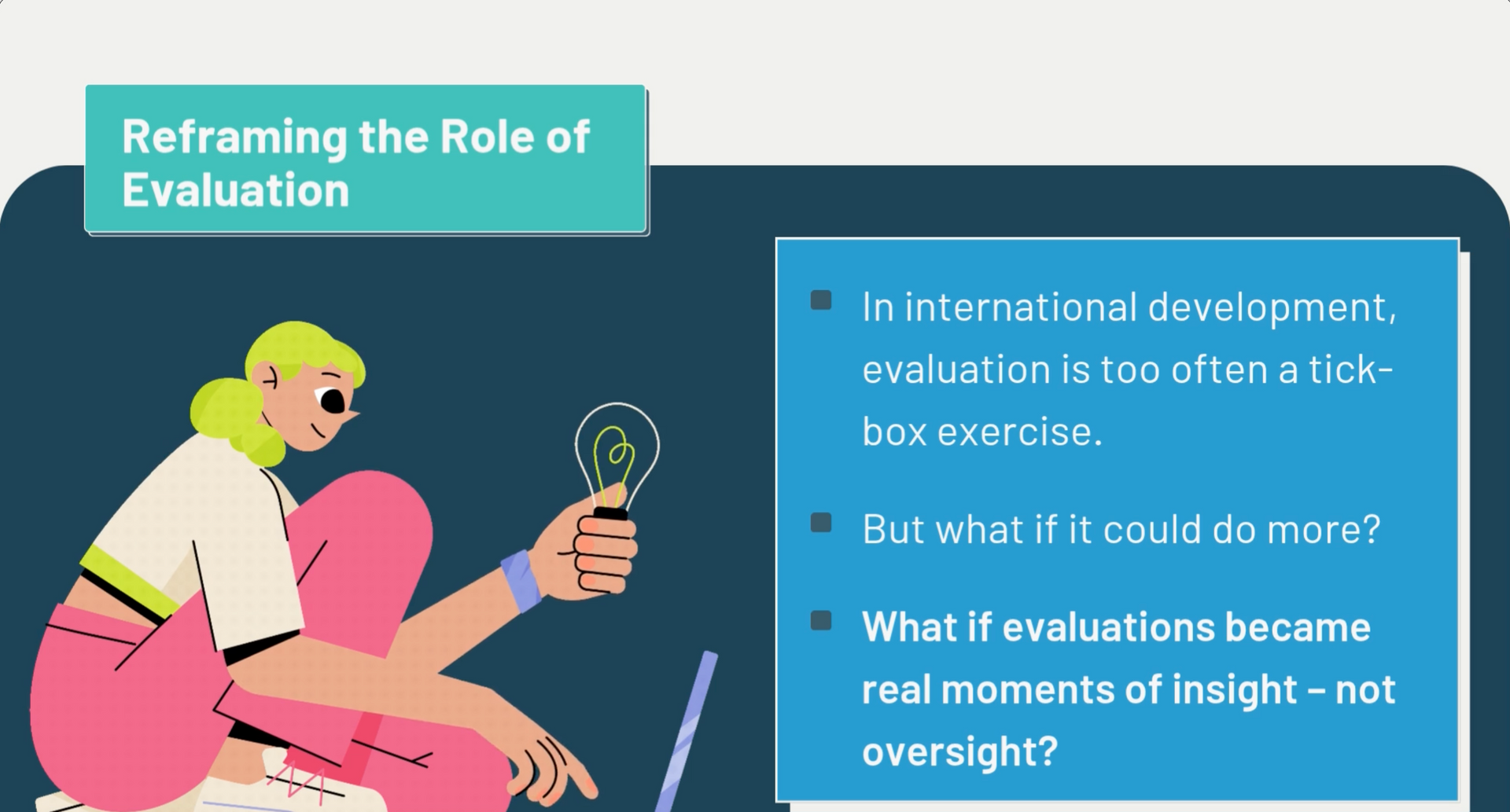Leveraging Investor Influence to Reduce Deforestation
Mid-Term Review of Investor Influence program on behalf of CERES of Norway International Climate and Forest Initiative
In early 2024, OpenCities was commissioned by CERES to conduct a Mid-Term Review (MTR) of Ceres’ ‘Leveraging Investor Influence to Address Deforestation Project,’ funded by NORAD through the Norway International Climate and Forest Initiative (NICFI). The review aimed to assess the Project's progress and effectiveness in leveraging investor influence to combat deforestation—a critical element in mitigating climate change, achieving Net Zero targets, and reversing biodiversity loss.
Running from 2021 to 2025, the Project focuses on mitigating deforestation and forest degradation by mobilizing investor action. It focuses on shrinking import markets for deforestation-linked commodities and establishing Deforestation and Conversion-Free (DCF) supply chains. Its core objectives are to: (i) influence companies to adopt deforestation-free supply chains, (ii) integrate deforestation-free commitments into overall greenhouse gas (GHG) goals, and (iii) promote awareness of forest carbon credit standards,
To achieve this, the Project leverages investors' considerable potential to address the critical issue of forest loss driven by agricultural commodity production. Major institutional investors hold a unique position to influence corporate practices through their direct access to company management and boards. Unlike consumer-led campaigns which tend to be executed over short timeframes, investor-based advocacy can provide a sustained, multi-year push for companies to take systemic action against deforestation.
Despite the potential, investors and companies often undervalue sustainability, resulting in harmful investment, production, and consumption patterns. These impacts are not in the ultimate self-interest of companies or their owners, or of vulnerable communities or society at-large. From the investor perspective, the case for action is motivated primarily by the significant financial risks associated with deforestation for multinational companies, including regulatory, reputational, physical, and legal risks, which threaten the resilience and long-term value of their portfolios. However, many institutional investors lack the capacity to effectively track and address these issues due to constraints in analyzing disclosures, identifying weaknesses, and collaborating with other investors.
Experience shows, however, that when confronted by investors equipped with a clear ask and informed about the risks of inaction, companies tend to act. This MTR thus aimed to provide an independent assessment of the Project's progress in making a compelling case for and supporting investor action against deforestation. The assessment focused on the DAC criteria of Effectiveness and Coherence, with specific objectives including evaluating the continued relevance and potential achievement of the project’s objectives, understanding how the project aligns with NICFI’s outcomes, and offering actionable recommendations for adaptive management to optimize impact. The review covered all inputs, outputs, and outcomes from January 1, 2021, to December 31, 2023.




